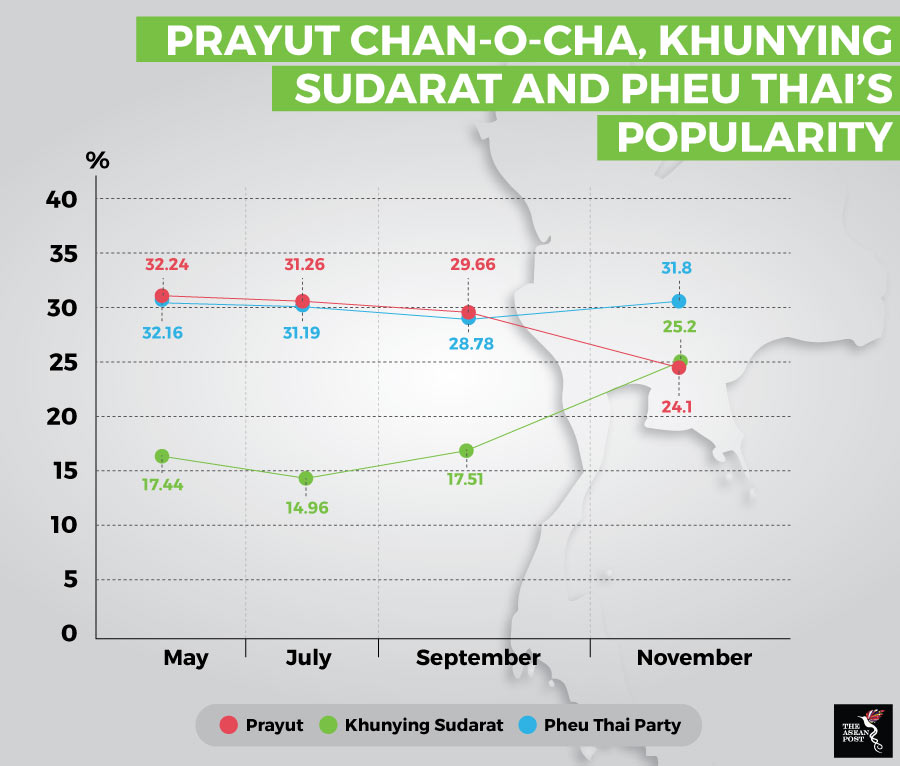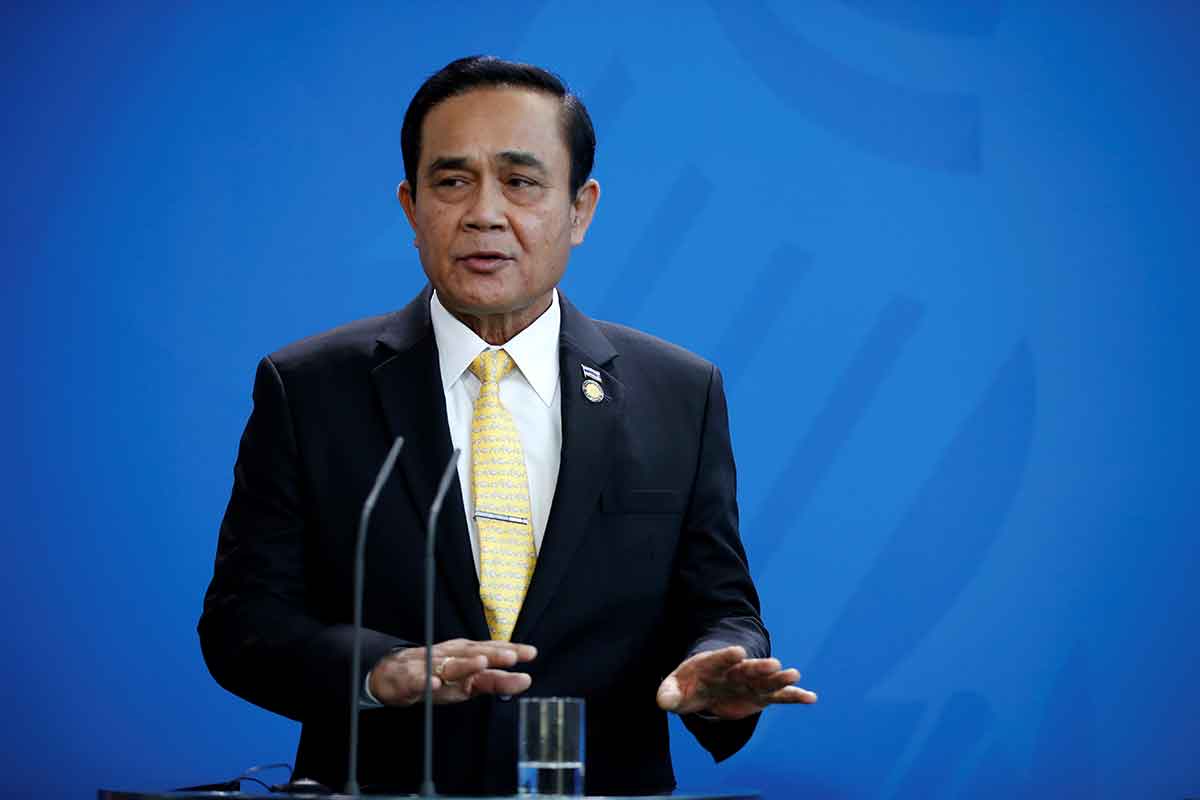Reports have recently surfaced of a proposal by the Election Commission (EC) in Thailand, that ballots for the upcoming election only show the names and numbers of candidates without party logos. Nat Laoseesawakul, the EC deputy secretary-general, said the idea to omit party names and logos from ballot papers was proposed at a recent EC meeting and not floated by Prime Minister Prayut Chan-o-cha.
Nat said the EC meeting concluded that putting party names and logos on the ballots may cause problems for voters abroad. If registered voters abroad do not receive the ballots for some reason, the EC might not be able to resend them since the ballot for each constituency will be unique, he explained.
According to the election time frame released by the government on Friday, overseas voting will take place from 4 to 16 February. This means ballots must be ready and shipped abroad ahead of the voting, said Pol Col Jarungvith.
Nat denied speculation that the National Council for Peace and Order (NCPO) had interfered with the EC's work, adding that the EC will finalise the official ballot format this week.
Nat’s insistence that the decision had nothing to do with Prime Minister Prayut Chan-o-cha or the NCPO was a response to some critics who might have or still think otherwise.
Pheu Thai cries foul
The Pheu Thai protested over what its spokesman, Anusorn Lamsa-ard, described as an “election tragedy”. Anusorn claimed that instead of making it easier and more convenient for voters, the election law was written in such a way to make it more complicated for voters to vote for their candidates of choice and burdensome for election officials.
The spokesman said that the omission of party logos from ballot papers as had been previously reported as being suggested by the prime minister could put the latter at risk of being accused of interfering with the election process as the printing of ballot papers and content on them is the EC’s responsibility, not the NCPO’s.
Pheu Thai election strategy head Khunying Sudarat Keyuraphan admitted that at this stage she was not sure whether it was true or not that such a suggestion was made by the prime minister. She, however, pointed out that voters were already confused by the different numbers of candidates from the same parties in different constituencies. Omitting party logos from the ballot papers, she said, would only make the problem even more complicated.
By Prayut’s hand?
Without concrete evidence, it would be impossible to say with any degree of certainty that Prayut did in fact force the EC’s hand. The fact that the decision to omit party logos has not even been finalised yet makes it even harder to discuss. Nonetheless, there are certain events which have taken place that may have lent to the suspicion.
The first was the new constitution drafted by the NCPO in 2017. Under the military government's new constitution, which the military has said was aimed at weakening major political parties, constituency seats in provinces where the Shinawatras have previously held dominance have been effectively cut.
The second was when, recently and for the first time; in the National Institute of Development Administration’s (NIDA) series of polls; Prayut Chan-o-cha fell to second place. The winner in November’s poll was none other than Pheu Thai’s Khunying Sudarat, chairwoman of the party's election strategy committee.
 Source: National Institute of Development Administration
Source: National Institute of Development Administration
It didn’t work in Malaysia
Prior to Malaysia’s landmark elections this year, there was a point in the lead-up to the campaigning period when the country’s Registrar of Societies (RoS) deemed it unlawful for Prime Minister Mahathir Mohamad’s party, the Malaysian United Indigenous Party (PPBM) to compete under its logo.
While the PPBM was relatively new, the decision indirectly affected another popular opposition party, the Democratic Action Party (DAP) as well. DAP had to give up its iconic rocket logo in favour of the People's Justice Party’s (PKR) logo which was used as the staple for the Alliance of Hope’s coalition parties during Malaysia’s 14th General Election (GE14). Despite the People’s Justice Party’s (PKR) logo being relatively new compared to the DAP’s rocket, the coalition still won the election.
Following the Pheu Thai’s victorious streak from 2001 all the way to the most recent military coup in 2014, there is little doubt that the party's logo is symbolic to most voters and omitting it would certainly give Prayut’s NCPO an edge. However, looking at what happened in Malaysia this year, it is highly unlikely that a strategist such as Prayut was behind the proposal. Prayut would have certainly seen that it did not work in Malaysia, therefore it would likely not work in Thailand as well.
Related articles:
